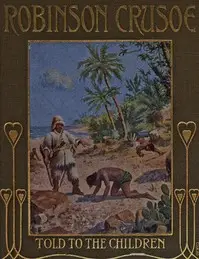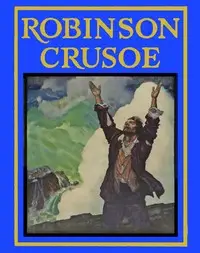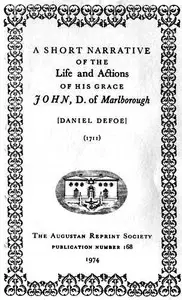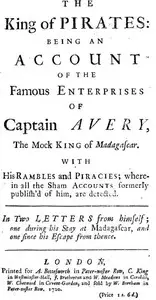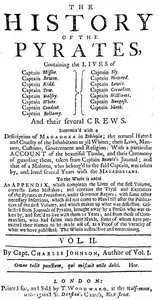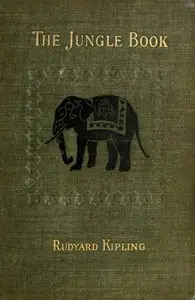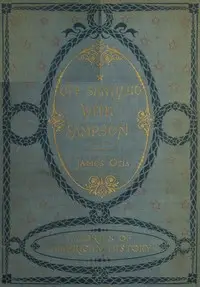"The Life and Adventures of Robinson Crusoe of York, Mariner, Volume 1" by Daniel Defoe is a novel that tells the story of a young man named Robinson Crusoe who dreams of adventure on the open sea, ignoring his father's desire for him to become a lawyer. Set in the early 1700s, the book follows Crusoe as he begins his seafaring life, leaving his comfortable home in York, England, and facing many challenges and dangers that lie ahead. Against his family's advice, Crusoe embarks on a voyage that will lead to terrible storms and the possibility of finding inner strength through overcoming adversity. With themes of exploration, endurance, destiny, and individual resolve, this novel introduces the start of Crusoe's journey, foreshadowing the experiences that will test his limits and change him forever.

The Life and Adventures of Robinson Crusoe of York, Mariner, Volume 1 With an Account of His Travels Round Three Parts of the Globe, Written By Himself, in Two Volumes
By Daniel Defoe
Driven by a thirst for adventure, a young man defies his family to sail the seas, unknowingly embarking on a journey filled with shipwrecks and unimaginable trials.
Summary
About the AuthorDaniel Defoe was an English novelist, journalist, merchant, pamphleteer and spy. He is most famous for his novel Robinson Crusoe, published in 1719, which is claimed to be second only to the Bible in its number of translations. He has been seen as one of the earliest proponents of the English novel, and helped to popularise the form in Britain with others such as Aphra Behn and Samuel Richardson. Defoe wrote many political tracts, was often in trouble with the authorities, and spent a period in prison. Intellectuals and political leaders paid attention to his fresh ideas and sometimes consulted him.
Daniel Defoe was an English novelist, journalist, merchant, pamphleteer and spy. He is most famous for his novel Robinson Crusoe, published in 1719, which is claimed to be second only to the Bible in its number of translations. He has been seen as one of the earliest proponents of the English novel, and helped to popularise the form in Britain with others such as Aphra Behn and Samuel Richardson. Defoe wrote many political tracts, was often in trouble with the authorities, and spent a period in prison. Intellectuals and political leaders paid attention to his fresh ideas and sometimes consulted him.




